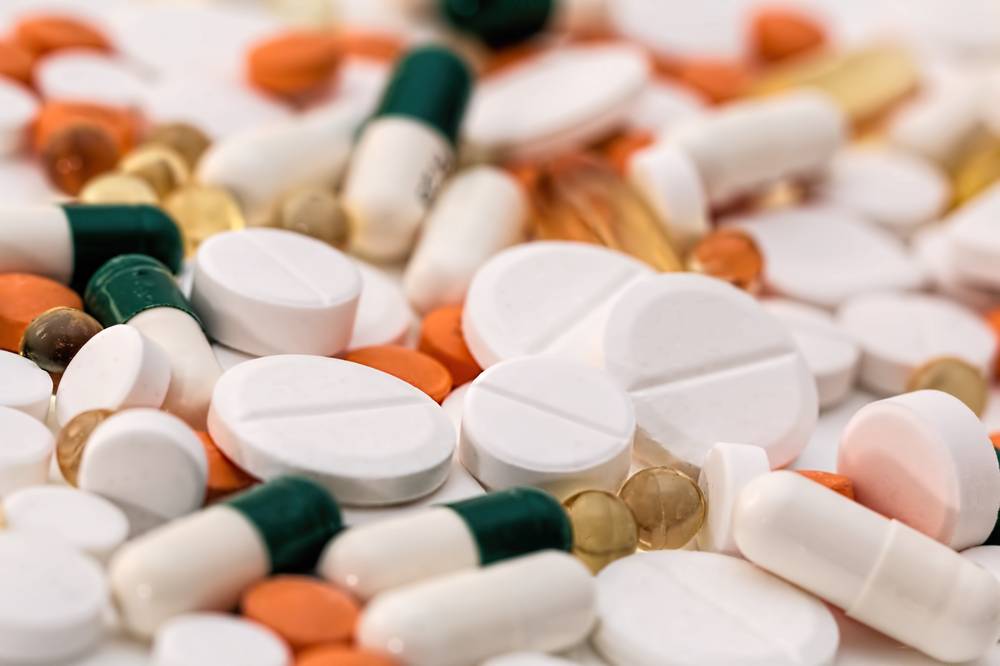If you’ve recently returned from a rehabilitation center or intensive outpatient program, congratulations: you’ve overcome a seemingly insurmountable obstacle and put yourself on the path towards recovery and happiness. It’s not an easy thing to do, and no one knows this more than you. After all the hard work that you’ve put in, naturally you’re interested in learning more about how you can maintain that hard work.
However, understanding the statistics can help you better understand the importance of always working towards your recovery. Studies have shown that 80% of individuals who experience long-term recovery had at least one relapse at some point, and some have had many relapses before they settled into a consistent, addiction-free lifestyle.
The more you know, and the more active steps you take towards staying sober, the better your chances will be. You have the power to do so, and you’ve already demonstrated this. With that in mind, here are a few effective tips for staying sober after rehab.
Know Your Triggers
One of the most important tactics to avoid relapses involves taking a long, hard, honest look at the things that trigger you. Sometimes this might be people or places. Your triggers could be external or internal. The point is, the more you know about it, the more you can control it. But be forewarned: this requires a great deal of introspection.
Stay Away From Old Habits
Before you went into rehab, you had certain habits and routines. These habits and routines likely formed a toxic lifestyle that didn’t aid your efforts to stay clean. If you don’t make any changes to your circumstances, it becomes much easier to slip into the same old routines.
For example, if you had friends that sold you drugs or liked to party and drink with you, these are the people you need to stay away from when you’re in your most vulnerable state. Real friends will understand your journey and respect your decision. Toxic, or selfish friends, will likely not understand or attempt to make you feel guilty. This is the type of energy that you don’t want in your life, and you’ll have to make serious attempts to avoid this.
Join a Support Group
A support group provides you with the chance to make new, sober friends and get involved with a crew of people who have been in your shoes and know what you’re going through. Support groups give you the chance to talk openly about your feelings, and can help minimize those feelings of isolation and loneliness that might be experiencing.
These support groups offer structure and can help you improve your skills necessary to cope with some of the common challenges you might face. Some support groups even offer additional educational opportunities that you could take advantage of.
Create Financial Stability
Chances are that your addiction had a hard impact on your financial situation, and one of your first big priorities revolves around building financial stability for yourself. After you’ve come from rehab, if you find yourself in some financial troubles, this could be a major trigger for a potential relapse. However, it’s important to understand that positioning yourself in a good financial place will take some time and work-this can help you manage your expectations. Take small steps to help you get your financial needs in order, and know that nothing happens overnight. Start thinking about insurance coverage. Research online or read from this source about potential insurance providers who can aid you.
Start Living Healthy
No matter what your “drug” of choice was-whether it was prescription painkillers or alcohol-there’s no doubt that it took a hard hit on your physical, mental, and emotional health. When you practice healthy living and make your self-care a priority, you’ll feel in much greater control of your progress. First off, start by exercising regularly.
There are a myriad of studies that prove the many benefits that exercise can have on your holistic health. Exercise releases the feel-good endorphins that you may have been looking for when you were chasing a “high” in your past. It’s a natural way to give you a happiness boost and has a slew of other positive effects as well.
Furthermore, regular exercise helps keep you on a schedule, which is important for individuals going through the recovery process. Eat healthy, participate in recreational activities, and don’t forget to get consistent, quality sleep.



